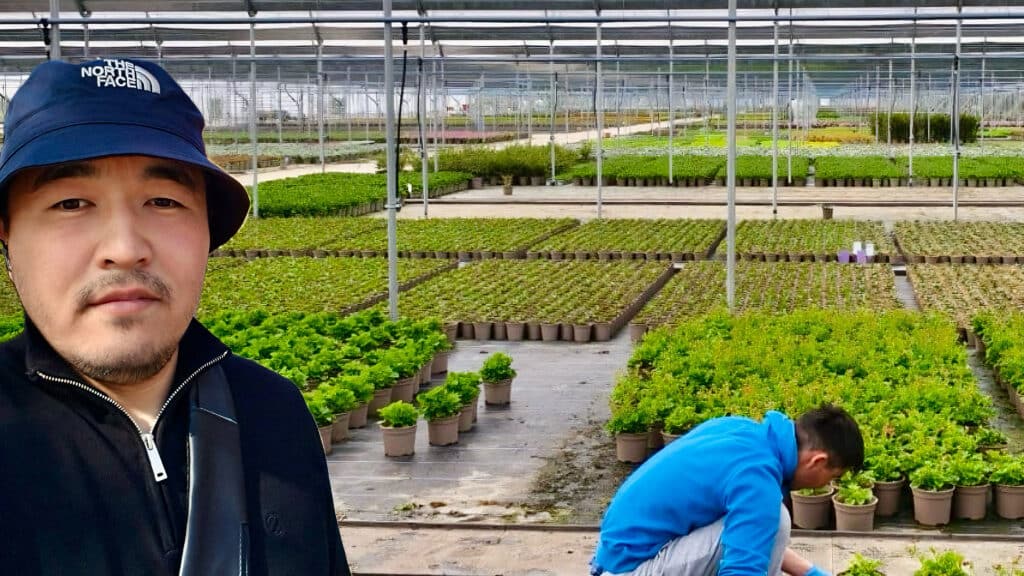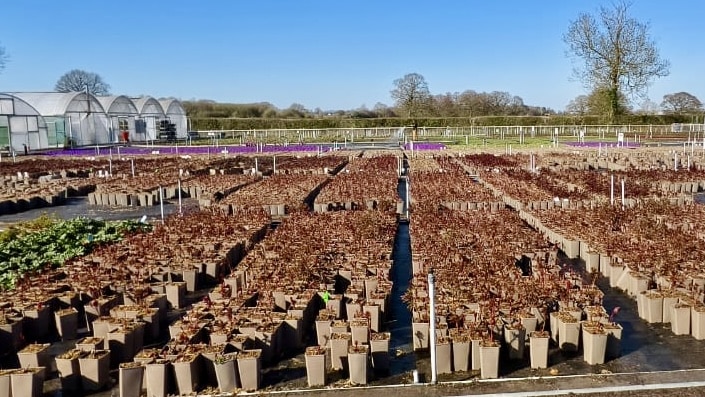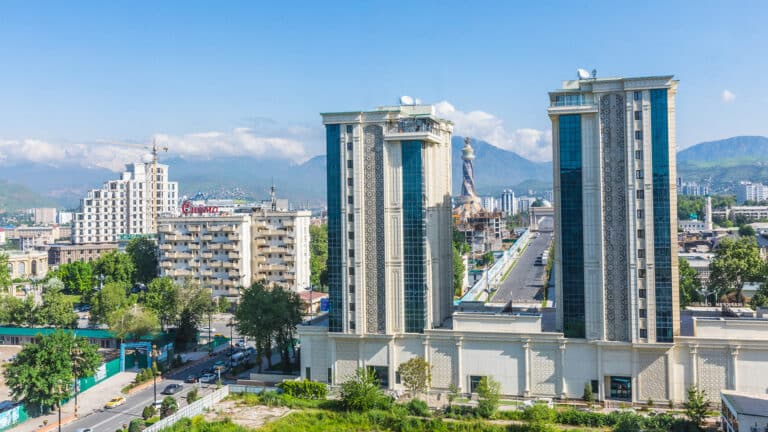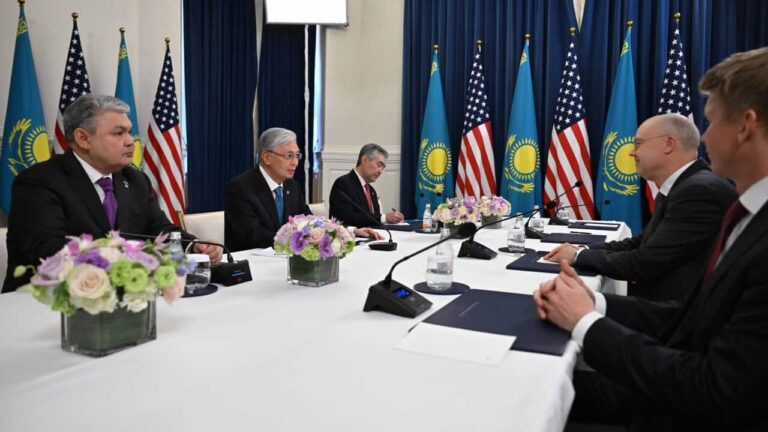
Turar, a citizen of Kazakhstan, is among a growing number of Central Asians working seasonal agricultural jobs in the U.K. Alongside his wife, he recently began working on a flower farm in England and shared his experience with Kursiv.media, detailing how he secured the job, what the work entails and how much he earns.
Working in the U.K.
Each year, the British government brings in thousands of foreign laborers to help plant, maintain and harvest crops. These temporary jobs typically last about six months, with most workers heading to England, Scotland, Wales or Northern Ireland.
The work involves harvesting fruits, vegetables and flowers in open fields or greenhouses. Demand peaks in spring and fall, though some work is available in other seasons, albeit less frequently and at lower pay. While seasonal agriculture jobs were once dominated by Eastern Europeans, recent years have seen more workers arriving from Central Asia in search of opportunity.
Turar explained there are two primary ways to land a seasonal job in the U.K.
The first — and most reliable, he says — is to apply directly through websites that recruit seasonal workers, such as Agri-hr.com, Osrodek-hr.com and Agropraktika.eu. Applicants complete a form and participate in an interview, either online or in person, usually in Russian. Interviews typically last between one and 1.5 hours and include questions such as, «Are you ready to work?» and «Are you sure you won’t change your mind once you arrive?» Candidates are also briefed on job conditions and expectations during the process.
Successful applicants receive a work visa and are issued a plane ticket to a designated city.
The second option is to go through a recruiting agency, which can help applicants with paperwork and the application process. However, Turar warns that this option is riskier. Some people who applied through agencies experienced visa issues and were unable to leave Kazakhstan. In some cases, they were unable to get a refund for fees paid (around $1,150).
Costs of the journey and living conditions
Turar estimates that the total cost of getting to the U.K. ranges between $1,150 and $1,530. This includes visa fees, a one-way plane ticket, transport from the airport to the farm, basic bedding and enough food for the first few weeks.
Seasonal workers live in shared campers called «caravans,» which accommodate up to six people. Each unit has a room for couples, a shared kitchen, hot and cold water, gas and a bathroom. The setup is described as cozy and warm. Laundry facilities are located in a communal area. Rent for a caravan is approximately $345 per month.
«Those who come to work in England don’t get to choose the farm,» Turar said. «You go wherever you’re assigned.»
Field work is physically demanding, as it’s outdoors and often exposed to rain or sun. However, it tends to pay more than other assignments. Turar and about 20 other workers from Kazakhstan were placed on a flower farm.
Compared to other farms, he said the working conditions are noticeably better — cleaner, more manageable and generally less strenuous. They typically work two days in the fields and four days at a greenhouse. The workday begins at 6 a.m., with a break every three hours and a half-hour lunch.

«We’re paid £12.23 an hour,» Turar said. «They don’t let you work more than 60 hours a week. That adds up to around 1.8 million tenge (nearly $3,440) a month. After paying for the caravan, taxes and groceries, we’re left with around 1.2 to 1.3 million tenge.»
Workers buy groceries from supermarkets twice a week, while halal sausages and meat are purchased from a specialty butcher. The farm also provides a vehicle for commuting to stores.
Turar noted that some staple foods are more expensive than in Kazakhstan.
«Food here is lower in calories. There are a lot of sugar-free sodas. Bread is very light — you can’t fill up on it — and it costs over 1,000 tenge (about $2, compared to approximately 40 cents back home). Meat and cigarettes are expensive, but most other items, including Coca-Cola and Pepsi, are priced similarly to those in Kazakhstan.»
A welcoming work environment
«Europe is Europe. There’s no discrimination here against foreign workers,» Turar said. «There’s no shouting in the streets, no honking for no reason. The English are polite and respectful. If you let someone pass, they’ll thank you. Even the farm manager steps in to help when someone struggles.»
He emphasized that anyone coming to work in the U.K. should be prepared for physically demanding labor and that the effort is well rewarded.
«Don’t break the law,» he warned. «If you get into a fight, they’ll put you on a plane and send you back right away. And they won’t let you back in. Having English language skills is a major advantage. Workers who speak the language are often assigned to less physically demanding roles, such as managing documents, processing orders or handling administrative tasks.»
According to Kazakhstan’s Ministry of Labor and Social Protection, the number of Kazakhstani citizens working seasonal jobs in the U.K. is on the rise. In 2023, more than 5,000 Kazakhstanis were employed in the U.K.’s agricultural sector.













